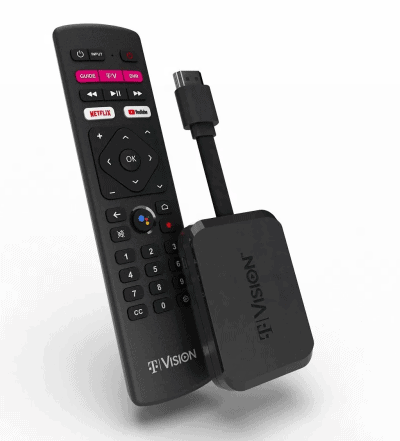WASHINGTON (Reuters) – The U.S. communications regulator on Wednesday approved a plan to allow a growing number of wireless devices to use part of a spectrum previously set aside for automakers to develop methods for vehicles to communicate with each other, a decision that the Transportation Department warned could result in “thousands of accidents.”
The Federal Communications Commission (FCC) voted 5-0 to split the spectrum block set aside for auto safety. Over the objections of automakers and some U.S. agencies, the FCC decision finalized a plan announced last year to divide a block of the 5.9 GHz spectrum band that was reserved in 1999 for automakers to develop technology called DSRC, but has so far gone largely unused. Under today’s decision, a 45 MHz portion of the band — 5.850GHz to 5.895GHz will be reallocated to unlicensed Wi-Fi services and made available for consumer use. Consumers may have to purchase new equipment to take advantage of the new frequencies.

45 MHz of the wireless auto band, shown in green, will join the 5 GHz Wi-Fi band shown in blue. Automakers will still be able to use 30 MHz of frequencies from 5.895-5.925 GHz.
FCC Chairman Ajit Pai said there is “a pressing need for us to allocate additional spectrum” for Wi-Fi, noting the coronavirus pandemic underscored “consumers need access and more bandwidth to be able to engage in telework, remote learning, telehealth, and other broadband-related services.”
Transportation Secretary Elaine Chao had warned the FCC decision could result in “thousands more deaths annually on road and millions more injuries than would be the case otherwise.”
Major cable, telecom and content companies back the FCC proposal to open most of the spectrum band to Wi-Fi use.
Comcast Corp praised the FCC vote, saying Wi-Fi is “central to American homes, schools, and workplaces and carries more broadband traffic than all other wireless technologies combined.”
Automakers favor using the spectrum for developing technology to allow vehicles to exchange data about location, speed and direction.
House of Representatives Transportation Committee chairman Peter DeFazio called the decision “a gift to corporate interests at the expense of public safety,” adding it “will undermine decades of development and over a billion public dollars that the transportation community has invested in these technologies.”
The technology has previously been offered on just one General Motors Co vehicle. Government studies have suggested that, if widely adopted among, it could prevent at least 600,000 U.S. crashes annually.
GM said “the FCC has moved towards jeopardizing roadway safety.”
The FCC plans to transition the upper 30 megahertz from DSRC to enable a different automotive communications technology called Cellular Vehicle-to-Everything and use the other 45 megahertz for wireless use. Safety advocates question if the new technology will work.
(Reporting by David Shepardson; Editing by Chizu Nomiyama and David Gregorio)


 Subscribe
Subscribe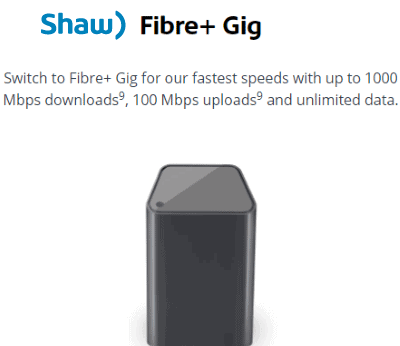

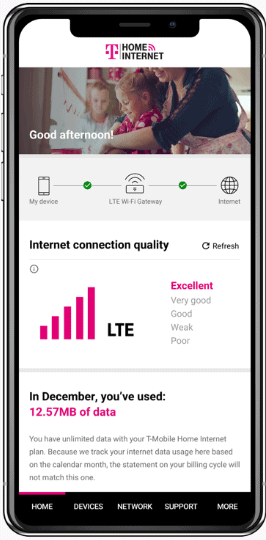 T-Mobile is widening its wireless home broadband pilot program to cover more than 20 million additional underserved and unserved households in 130 communities in parts of nine states.
T-Mobile is widening its wireless home broadband pilot program to cover more than 20 million additional underserved and unserved households in 130 communities in parts of nine states.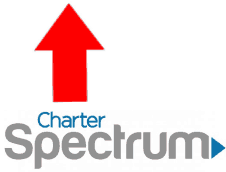 Charter Spectrum is raising the price of its internet service by $5 a month starting in December, making most internet-only customers pay $74.99 a month for service starting at 100 Mbps.
Charter Spectrum is raising the price of its internet service by $5 a month starting in December, making most internet-only customers pay $74.99 a month for service starting at 100 Mbps.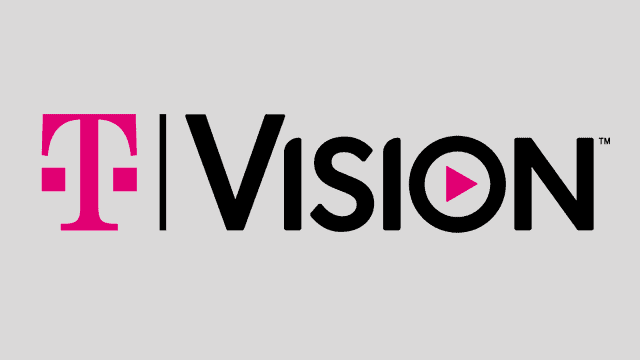 After months of testing, T-Mobile’s streaming TV service
After months of testing, T-Mobile’s streaming TV service 